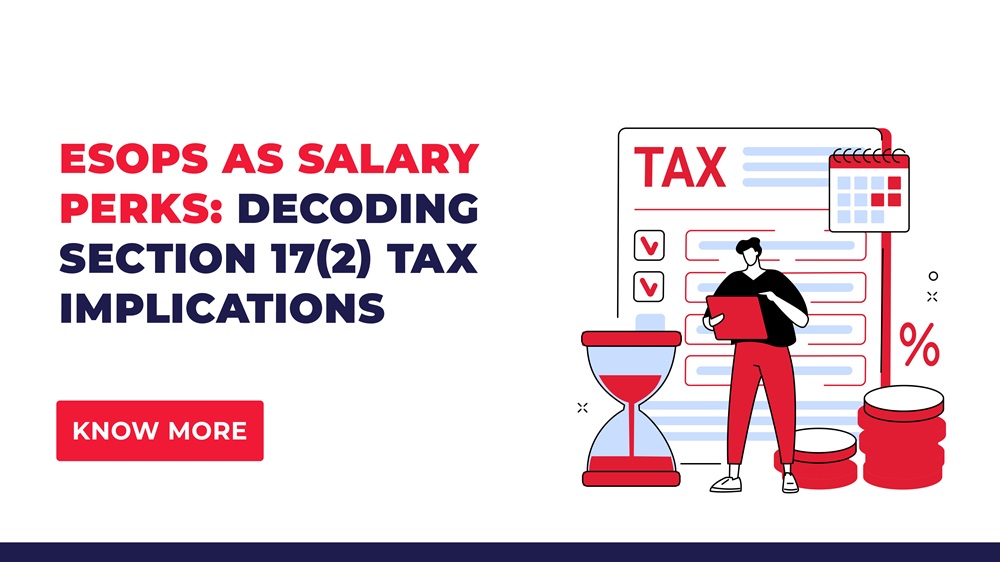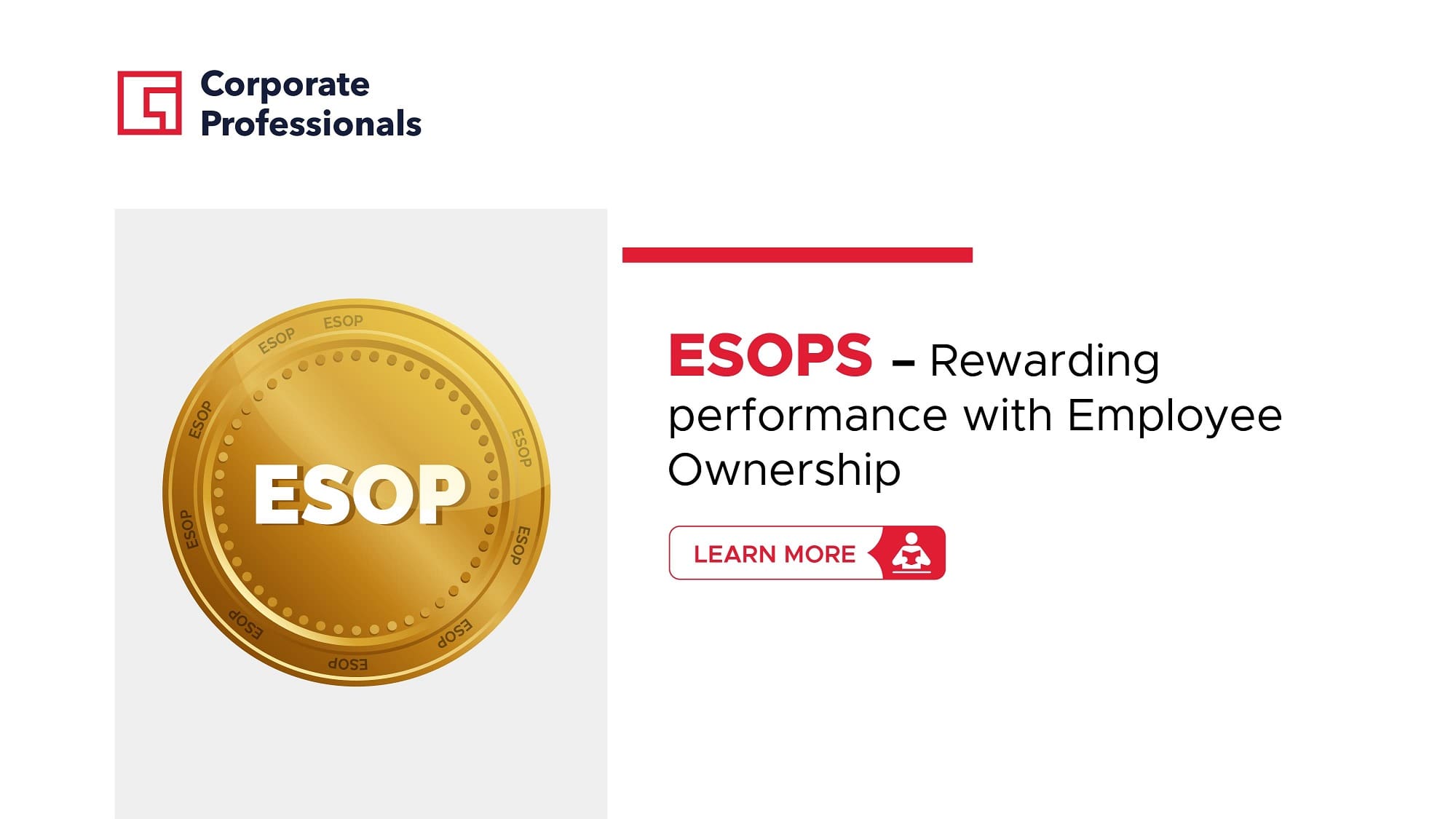Transfer Pricing
Transfer pricing is an accounting method employed within a company to set the prices at which one internal division charges another for the exchange of goods and services. This practice enables businesses to determine the cost of transactions between subsidiaries, affiliates, or closely linked entities operating under the same corporate umbrella. While it can help corporations save on taxes, it's a practice that tax authorities may scrutinize or challenge.
We offer comprehensive support in determining the arm's length price, providing a streamlined and efficient transaction experience. Our commitment to transparency is unwavering, and we meticulously follow the guidelines set forth in sections 92A to 92F of the Income Tax Act, 1961, to ensure a robust and compliant approach to your pricing requirements. With our expertise, you can navigate the intricacies of transfer pricing with confidence and precision.
Provisions Unlisted Companies
Compliance with Income Tax Act 1961
-
 Governed by sections 92A to 92F of the Income Tax Act, 1961, read with applicable rules.
Governed by sections 92A to 92F of the Income Tax Act, 1961, read with applicable rules.
-
 Valuation Certificate requirement: An unlisted company must obtain a valuation certificate from an Accountant, defined under the Income Tax Act, 1961
Valuation Certificate requirement: An unlisted company must obtain a valuation certificate from an Accountant, defined under the Income Tax Act, 1961
Provisions for Listed Companies
Compliance with Income Tax Act 1961
-
 Governed by sections 92A to 92F of the Income Tax Act, 1961, read with applicable rules.
Governed by sections 92A to 92F of the Income Tax Act, 1961, read with applicable rules.
-
 Valuation Certificate requirement: A listed company must obtain a valuation certificate from an Accountant, Income Tax Act, 1961.
Valuation Certificate requirement: A listed company must obtain a valuation certificate from an Accountant, Income Tax Act, 1961.
Key Points to Consider
01
Which is the governing law for Unlisted
Income Tax Act 1961
02
Which is the governing law for listed
Income Tax Act 1961
03
Who does the Valuation
An Accountant
04
When valuation is required
At the time of transaction
Recent Articles


Can’t Find What You’re Looking For?
Get in touch with one of our professionals! We're here to help you with any questions or specific needs you may have.
Contact Us






 +91 98717 84112
+91 98717 84112



